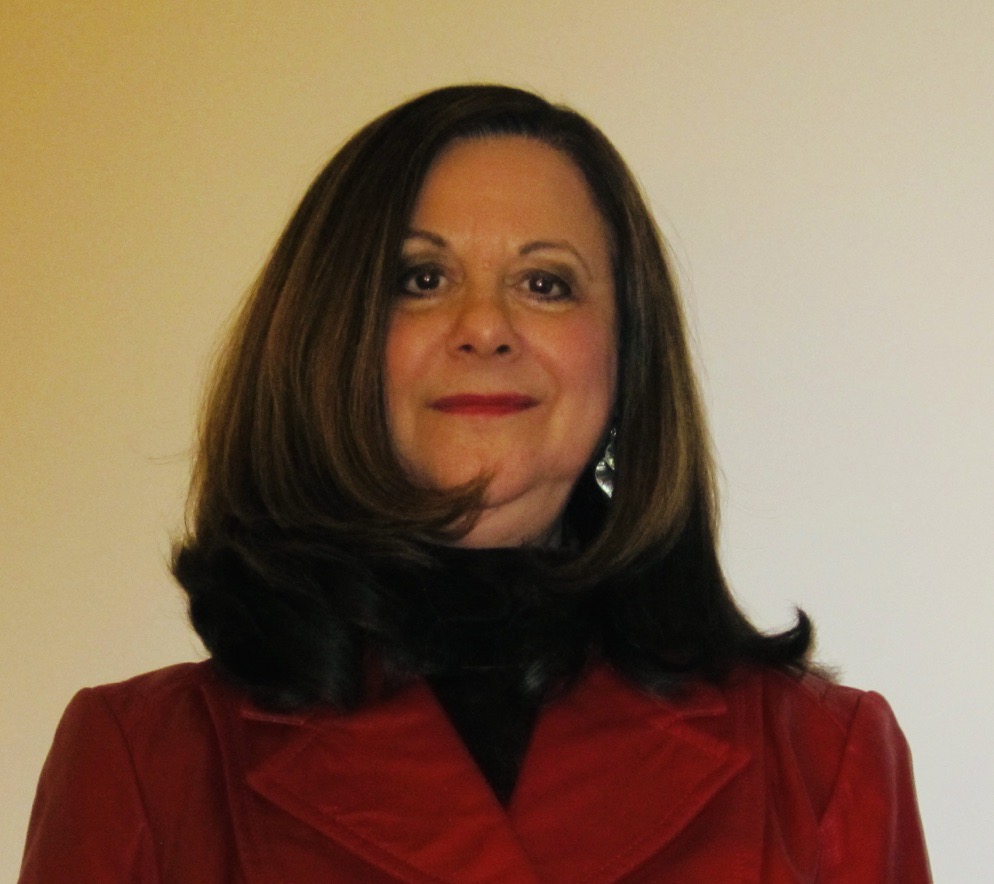When I learned that Grace Feuerverger had written her memoir, I was intrigued. What could she possibly say? I wondered.
Full disclosure: I have known Grace, my oldest friend’s sister, sporadically since 1958, when she was eight years old. Yet in virtually every respect, Grace — a quiet, soft-spoken and reclusive girl — was practically a stranger back then. I would run into her occasionally at her parents’ home in Montreal. Years later, following her marriage, I would sometimes see her in Toronto, my new home from the mid-1970s onward.
Like my late mother and father, Grace’s parents were Holocaust survivors from Poland who never really recovered from their unimaginable ordeal.
Grace was always an achiever, academically at least. In the late 1970s, when I met her and her husband, Andrey, she was employed as an elementary school teacher in Toronto and he was a University of Toronto professor of statistics. A decade would elapse before my wife and I met them again and shared a pleasant meal with them in a restaurant. By then, Grace had changed jobs and was a professor at the University of Toronto.
Then she vanished and I lost all touch with her.
From time to time, her older brother, a professor himself, would update me about Grace. He told me that she was no longer on speaking terms with her family, saying he did not understand why she was so alienated from her parents and siblings.
Grace’s unilateral decision to cut ties with her parents, older brother and younger sister, though profoundly sad, was not that unusual. Dysfunctions in families are more common than one might think. I speak from personal experience.
One might assume that Holocaust survivors, having lost mothers, fathers, brothers, sisters, cousins, uncles, aunts and friends, would take special care to create a loving family atmosphere. In some instances, this all-important dynamic is regrettably absent in survivors’ families.
Which brings me to Grace’s newly-published book, Winter Light: The Memoir Of A Child Of Holocaust Survivors (Amsterdam Publishers). This is her third book after Oasis of Dreams, which examines a utopian Jewish-Palestinian village in Israel, and Teaching, Learning and Other Miracles, which likens education to a sacred life journey.
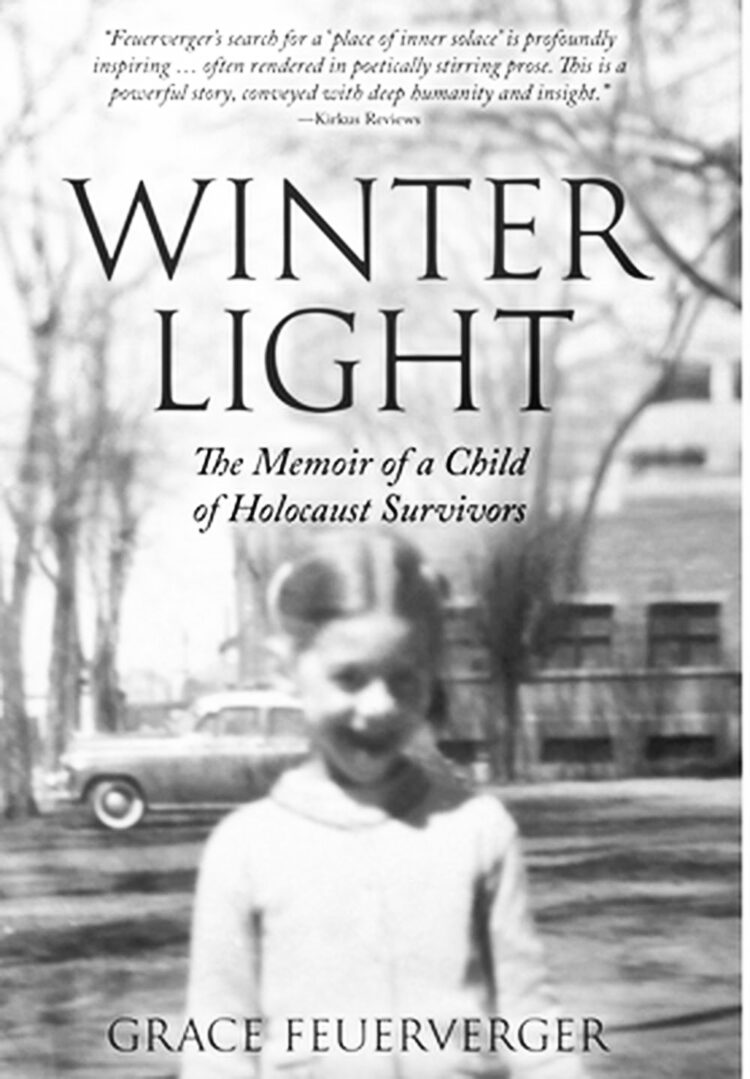
Until her retirement, Grace was a professor of education and ethnography, teaching courses on language, culture, identity and peace education.
A graduate of McGill University, she studied at the Università per Stranieri in Perugia, the University of California at Berkeley, the Hebrew University in Jerusalem and the University of Toronto.
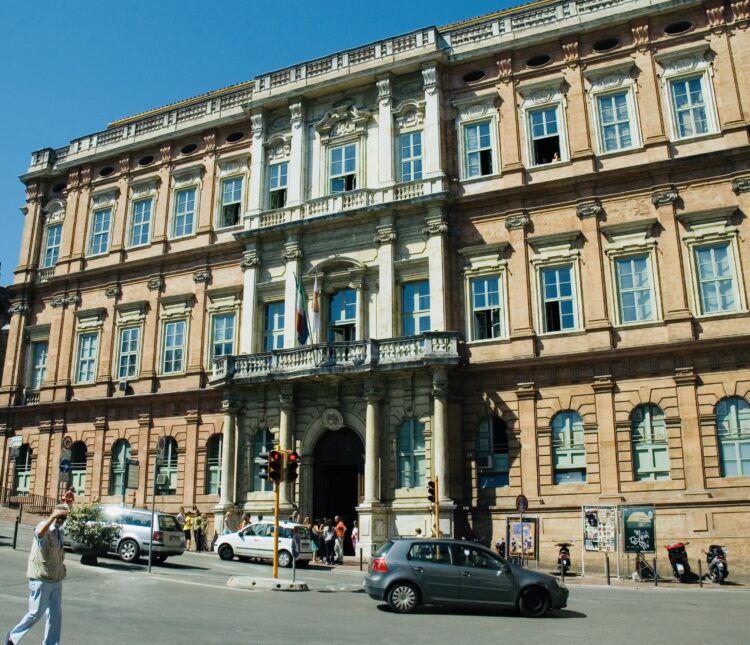
In Winter Light, which she describes as “a search for a place of inner solace,” she celebrates her academic pursuits, the “language and culture of strangers,” and her enduring love affair with Andrey, her “rock” and “soul mate.”
But above all else, she focuses on her complex and rocky relationship with her late parents, who hail from the Polish city of Czestochowa (which her brother and I visited in 1977 during a grand European tour that took us from West Germany to Turkey). This sorrowful facet casts a giant shadow over her memoir, enveloping it in an aura of sadness, anger and grief.
To protect the privacy of the individuals she mentions, she does not disclose their names. And in a few cases, locations have been changed.
Winter Light, which is highly subjective and told entirely from her own slanted point of view, is suffused with a deep sense of pain and anguish. I am certain that her brother and sister will dismiss segments as one-sided, distorted and objectionable. Yet objectively speaking, her writing skills are on a superior scale. By any yardstick, she is an exceptional writer, capable of producing flowing and lyrical passages.
In an early hint of the bruised feelings she doubtless still nurses, she dedicates her book to “children coming from places of trauma.”
Although I am something of an insider insofar as her family is concerned, I confess I had no idea that Grace’s relationship with her parents, particularly her mother, was so strained and problematic. Keeping this caveat in mind, I will not make any value judgments about this tragic breakdown. Readers can form their own opinions.
Looking back many decades, I remember her mother, the sole survivor of a working-class family, as a strong and dominating person who managed her household efficiently. Since I lived just around the corner, I was quite a frequent visitor.
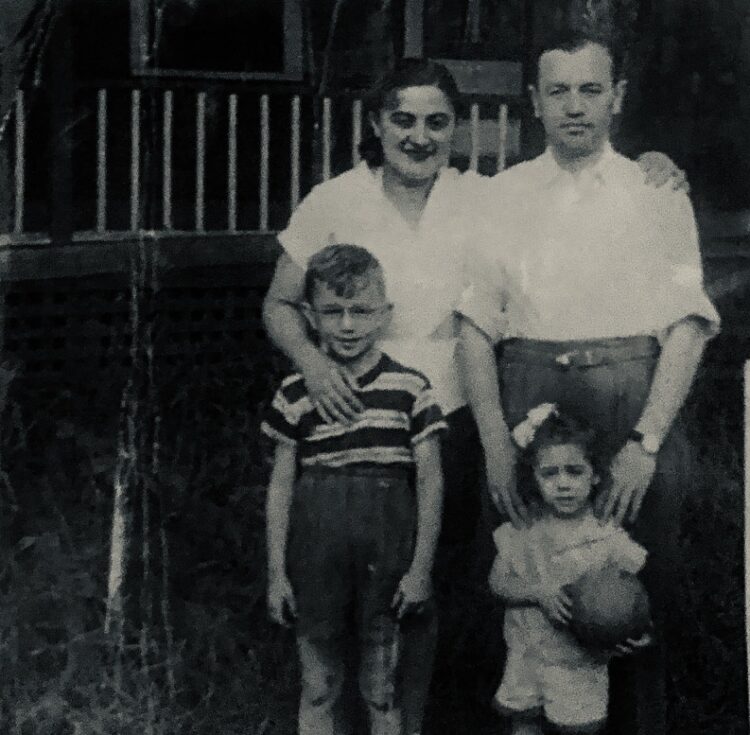
Like my parents, who hailed from the central Polish industrial city of Lodz, Grace’s parents suffered profoundly during Nazi Germany’s brutal occupation of Poland from 1939 to 1945, during which approximately three million Jews perished, a figure that represented more than 90 percent of Polish Jewry.
“My mother was imprisoned in her grief and guilt,” she writes, disclosing that she never really got over the loss of her two brothers, who were killed in the Treblinka extermination camp in Poland. “Sometimes, I felt that my ghostly uncles were more real to my mother than I was. Secretly, I hated her for that … there was no space for the needs of an emotionally bereft little girl like me.”
Her mother was plagued by “severe emotional ups and downs” and was torn by “anxiety and hysterical weeping.” In Grace’s view, she had a “voracious need for control.” Her gentleness was “trapped somewhere deep within her.”
“My parents’ loyalties were given fully over to those who had been murdered,” she adds. “After they had exhausted all their emotional energies for the dead, there was not much left for their children.”

Her formative years in her beloved Montreal were “fragmented and filled with demons and ghosts.” And as she recalls, her parents lived in “a no-man’s land of self-recrimination, guilt, blame and rage.”
As far back as she can remember, she dreamed of leaving her parents’ home, the atmosphere of which, she claims, was “poisonous, stifling, chaotic and thunderously erratic.”
Comparing herself to an orphan seeking warmth and shelter, Grace found solace in “the arms of the French Canadian language and culture” and a French-Canadian girl who became her good friend.
From the outset, she comes down hard on her mother, whom she refers to at one point as “Mrs. Atilla the Hun.” After her mother gave birth to her second daughter, Grace says, she felt “abandoned.”
She continues in this judgmental vein: “My mother’s smoldering black eyes were missiles that never missed their target. Too dark, too intense, they held an arsenal of grief and fury that could be unleashed upon me at any moment. There was never any telling when she would pick up her invisible hammer and knock it on my head with its message of death and suffering. It could happen at any time, usually when I was alone with her after I came home from school. She would corner me with her shrieking stories about the concentration camp. I would run to the bathroom and vomit out all the evil. I would sit on the toilet and let my mind go blank while outside the door my mother continued to scream.”
Grace says she tried “really hard to be a model daughter.” Her efforts were in vain. “If only my mother could have taken pleasure when I brought home stellar report cards, or when I received prizes for public speaking.”
In an agitated tone, she writes, “I would come home to a mother who could not see me for who I was. Something about my ambition continued to irk her deeply. Her habitual remark was to compare me to her friends’ children, to always find me come up short. This one was prettier, that one was more outgoing, the other one was more obedient. In turn I kept trying desperately to get the highest grades in all my subjects to the point of obsession.
“The litany continued. My mother complained that I studied too hard, that I didn’t have enough friends, that I didn’t help her clean or cook enough, that I did a terrible job of making my bed, that I slept in too late on weekends. She would purposely vacuum the carpet in my room early on Saturday mornings to get that message across.
“In spite of everything, I still tried to keep up some semblance of a relationship with my family, but it became increasingly difficult. Their hostility toward me proved to grow more and more out of control. As soon as I stepped into their orbit it was as if I had entered a cabal of witches. The criticisms, the veiled rage was just as harrowing as the outright screaming — perhaps greater. And yet, I wanted so much to be the good daughter.”
Grace had a better relationship with her father, a bookkeeper who showed her affection when she was young. She calls him “a gentle soul” who was “ravaged by rage and sorrow,” afflicted by nightmares, and “tormented by business ventures that went awry.”
Having protected Grace’s mother during the Holocaust, he worshipped and paid deference to her.
“In spite of his many failings as a father, he had been, of the two, the gentler one and I had always hung onto him for whatever small comforts I could receive when I was a child. And in his way he did offer me a fascinating view of the world. I shall never forget how he shared his love of language and culture — and learning in general — with me. The excitement of that first visit to Gatineau Library with my father when I was a little girl, just beginning to read, will live in my memory forever.”
His death, in the early 1990s, devastated her. “I couldn’t stop crying at the funeral. People commented on this. My mother looked annoyed by what she thought was a fake display of emotion.”
A psychiatrist she consulted characterized her mother as a “tyrant” who was jealous she would “outshine” her.
The last time Grace saw her mother, 20 years before her own death, was at the unveiling of her father’s gravestone at the cemetery. She did not attend her funeral, which remains a sore point to this day with her brother and sister.
Like all survivors from Poland, Grace’s parents communicated mainly in Polish and Yiddish. Grace delves into this aspect of her home life with precision: “There was another, much more powerful, thing that I sensed well before my parents put it into words: Polish and Yiddish were not friends with one another. This tension between the two languages was oppressive. They inhabited the same space in my home, but strong, invisible borders held them apart. Only by means of listening could I transcend those borders and enjoy the dangerous presence of Polish at my home. I learned as I grew older that it was dangerous because it symbolized the antisemitism in Poland. Even after the Poles themselves were subjugated by the Nazis, some took out their rage on an even weaker victim, the Jews.
“So Yiddish was deemed to be the proper medium of communication between parents and children in our home. Yiddish was our language, that of the Jewish people of Eastern Europe. It was a gentle and expressive language, however Yiddish was a bird with a broken wing. It had barely survived an unspeakable catastrophe. This is how I came to know that Yiddish was not merely a language, but also the reservoir of Eastern European Jewish hopes and dreams and sorrows. The same was true for Polish, although it was in the reservoir for the Polish Catholic people who had their own hopes and dreams and who also felt a deep sense of vulnerability about their identity. Poland had been invaded over and over again for countless centuries.”
Although Grace’s dysfunctional relationship with her parents is at the core of Winter Light, she allots considerable space to other topics, some of which intersect with the dominant theme.
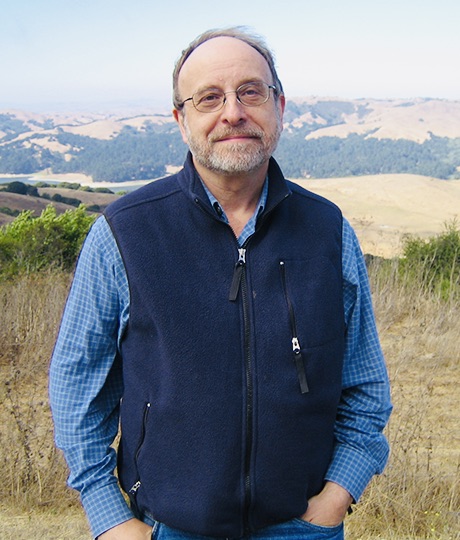
She writes lovingly and tenderly about Andrey, to whom she was introduced by a trusted intermediary. The son of Holocaust survivors himself, he comforted and protected her through thick and thin and gave her “a sense of safety.”
She exulted in visiting Israel.
“For the first time, I felt that being Jewish did not solely entail suffering and marginality. Israel seduced me with the possibility of what seemed at the time to be ‘normality’ for Jewish cultural identity. My trip to Israel had made me proud of my Jewish heritage.”
In succeeding chapters, she recalls her studies in Italy — whose language she speaks fluently and whose culture she admires — and remembers her days in Berkeley, California, where Andrey finished his PhD in mathematics.
Back in Toronto, Grace taught a grade 5 class of troubled children before leaving that job and embarking on her postgraduate education. These varied experiences convinced her she had a real aptitude for teaching.
In closing, she strikes an optimistic tone.
